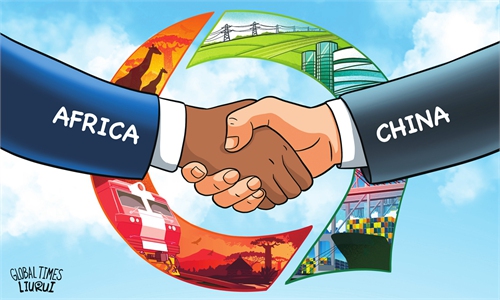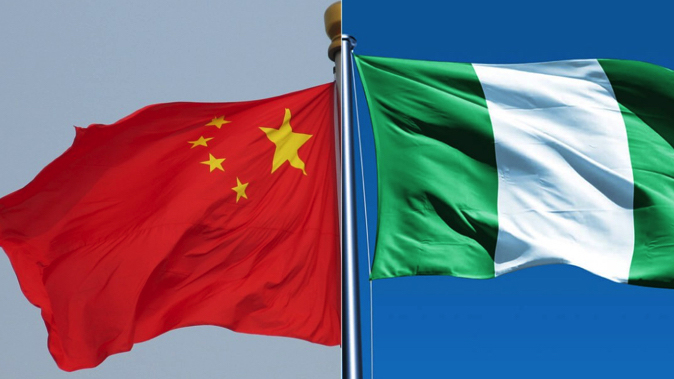
…Potentially Shaking Up Swing States
On American Independence Day, billionaire entrepreneur and former Trump Advisor, Elon Musk launched a provocative poll on his X platform, asking whether the U.S. should break free from its entrenched two-party system—which he called a “uniparty”—and form a new “America Party.” The results, which drew over 1.2 million votes, showed a decisive 65.4% in favor of the idea, while 34.6% opposed it. With more than 54 million views, the poll ignited a heated debate about the future of American politics.
Musk followed up with a strategic proposal, suggesting that the party could wield significant influence by focusing on just “2 or 3 Senate seats and 8 to 10 House districts.” Given the razor-thin margins in Congress, he argued, this approach would allow the party to act as a decisive swing vote on contentious legislation. In his opinion, this will ensure laws reflect “the true will of the people.”
Potential Impact on Swing States and Elections
The creation of an America Party could have major consequences in key battleground states, particularly if it draws support from disaffected conservatives. Analysts suggest that in swing states like Pennsylvania, Georgia, Arizona, Wisconsin, Michigan, and Nevada—where elections are often decided by narrow margins—even a small shift in votes could tip the balance.
In the 2026 midterms, a third-party movement pulling 5-10% of the vote, as some polls indicate is possible, might hand closely contested House and Senate races to Democrats by splitting the Republican base. Looking ahead to the 2028 presidential election, an America Party candidate could play a spoiler role, much like Ross Perot did in 1992, potentially diverting enough right-leaning independents to sway the Electoral College outcome.
However, the party’s success would depend on overcoming significant hurdles, including securing ballot access in all 50 states and building a sustainable funding base. While Musk has not confirmed any direct involvement, his massive platform and influence could provide the movement with unprecedented visibility—and possibly the resources needed to compete.
A Growing Demand for Alternatives
The strong support for Musk’s poll reflects deepening voter frustration with both major parties, as many Americans feel alienated by partisan gridlock and perceived corporate influence in Washington. Similar efforts, such as the No Labels initiative, have struggled to gain traction, but Musk’s involvement could lend credibility and momentum to a new political force.
Political experts caution, however, that while online enthusiasm is easy to generate, turning it into electoral success is far more difficult.
As the 2024 election cycle heats up, Musk’s America Party idea adds another layer of unpredictability to an already volatile political landscape. Whether it becomes a serious movement or fades as a fleeting online sensation may depend on whether influential figures decide to take the concept beyond a Twitter poll—and into the voting booth.






More Stories
EPIC FURY: U.S., Israel Strike Iran; Khamenei Reportedly Killed
China Articulates a Global South Vision for Fairer Governance
China Deepens Economic Footprint in Nigeria as Bilateral Trade Nears $22 Billion